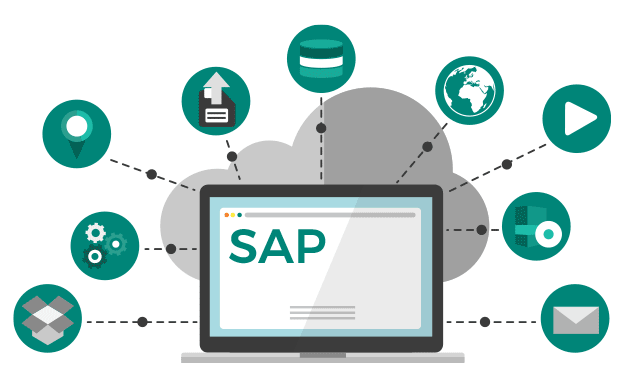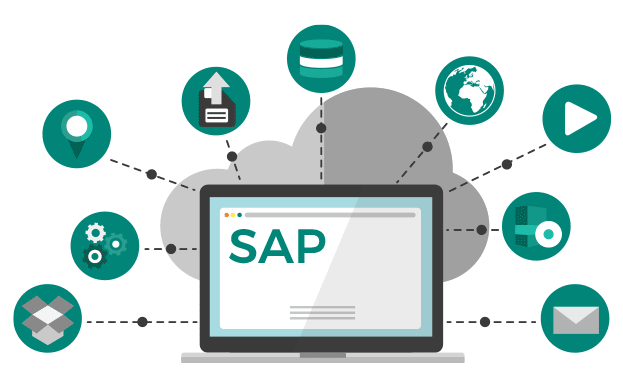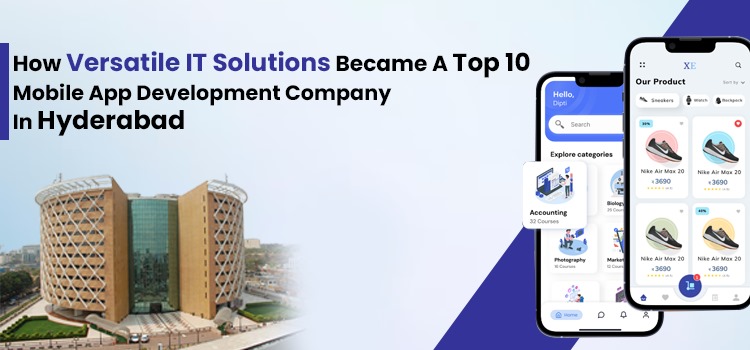

Introduction
SAP (Systems, Applications, and Products) is a leading enterprise resource planning (ERP) software that offers a wide range of modules catering to diverse business needs. SAP modules can be broadly categorized into three main types: technical modules, functional modules, and techno-functional modules. In this blog, we’ll explore these modules, their significance, and their roles in streamlining and enhancing business processes.
Technical Modules
1. SAP ABAP (Advanced Business Application Programming)
– SAP ABAP is a programming language used for developing custom reports, interfaces, and enhancements within the SAP environment.
– ABAP developers create and modify SAP applications to meet specific business requirements, enhancing system functionality.
– SAP ABAP developers are responsible for writing, testing, and maintaining ABAP code to support the business processes of organizations that use SAP software. They need a good understanding of both SAP systems and the ABAP programming language to effectively customize, extend, and maintain SAP applications. SAP ABAP is a programming language that plays a vital role in customizing, extending, and integrating SAP software to meet the specific needs of businesses.
2. SAP Basis
– SAP Basis administrators are responsible for managing the technical infrastructure of an SAP system.
– They handle system administration tasks like installation, configuration, performance tuning, and security.
3. SAP Security
– SAP Security specialists focus on safeguarding sensitive business data and ensuring proper access control within SAP systems.
– They manage user authorizations, authentication, and security policies.
4. SAP NetWeaver
– SAP NetWeaver is an integrated technology platform used to run SAP applications.
– It provides a foundation for all SAP solutions and facilitates integration between various SAP and non-SAP systems.
Functional Modules
1. SAP Finance and Controlling (SAP FICO)
– SAP FICO manages financial transactions, accounting, and reporting.
– It enables organizations to track their financial data, handle accounts payable and receivable, and generate financial statements. Submodules comprise SAP FI. Accounts payable, receivable, asset accounting, general ledger accounting, and bank accounting are the frequently utilized sub-modules.
Each submodule is connected to the others and integrates instantly. Since every submodule is related, a trial balance may be retrieved one at a time and it will always balance.
2. SAP Human Capital Management (SAP HCM)
– SAP HCM manages all aspects of human resources, including personnel administration, payroll, time management, and organizational management.
– It helps organizations efficiently manage their workforce and payroll processes.
3. SAP Sales and Distribution (SAP SD)
– SAP SD deals with sales processes, order management, pricing, and distribution.
– It allows businesses to streamline their sales operations and manage customer relationships effectively.
4. SAP Materials Management (SAP MM)
– SAP MM handles procurement, inventory management, and material requirements planning.
– It ensures the efficient management of goods and materials within the organization.
5. SAP Production Planning (SAP PP)
– SAP PP is responsible for production scheduling, capacity planning, and shop floor control.
– It helps optimize production processes and resource utilization.
6. SAP Quality Management (SAP QM)
– SAP QM focuses on quality control and assurance throughout the production process.
– It ensures products meet specified quality standards and compliance requirements.
7. SAP Project Systems (SAP PS)
-SAP Project Systems, commonly known as SAP PS, is a specialized module within the SAP ecosystem designed for project-oriented organizations. It empowers businesses to plan, manage, and execute projects efficiently. SAP PS offers a holistic view of all project-related activities, from initial planning to financial closure.
8. SAP Human Resource (SAP HR)
-SAP HR is a module within the SAP ERP (Enterprise Resource Planning) system that helps organizations manage their human capital and workforce-related processes. It is designed to streamline and automate various HR tasks and functions, making it easier for companies to manage their employees effectively. Here are some key aspects and functionalities of SAP HR:
Techno-Functional Modules
1. SAP Supply Chain Management (SAP SCM)
– SAP SCM combines technical and functional aspects to optimize supply chain processes.
– It encompasses modules like SAP Advanced Planning & Optimization (APO) and SAP Extended Warehouse Management (EWM).
2. SAP Customer Relationship Management (SAP CRM)
– SAP CRM integrates customer-centric processes with technology.
– It enables organizations to manage customer relationships, marketing campaigns, and sales activities effectively.
3. SAP Business Intelligence (SAP BI/BW)
– SAP BI/BW merges technical and functional skills to deliver data warehousing and business intelligence solutions.
– It empowers businesses to make data-driven decisions by providing insights and reports.
Conclusion
SAP offers a comprehensive suite of modules to cater to the diverse needs of businesses. Whether you’re a developer, a functional consultant, or a techno-functional expert, there’s a module that aligns with your expertise and the requirements of your organization. By choosing the right combination of SAP modules, businesses can streamline their operations, enhance efficiency, and gain a competitive edge in today’s dynamic market. Understanding the role of each module within the SAP ecosystem is crucial for successful implementation and ongoing management.
Feel free to get in touch with us:
Email: sales@versatilemobitech.com
Visit our website: https://www.versatilemobitech.com/
Follow us on Facebook: https://www.facebook.com/versatilemobitech
Follow us on Instagram: https://www.instagram.com/versatilemobitechpvtltd/
Subscribe
Subscribe to our blog and never miss our latest updates

How Versatile IT Solutions Became A Top 10 Mobile App Development Company In Hyderabad

10 Best Chat GPT Promts To Boost Your Business In 2024

Real Estate Mobile App Development: How to Make an App That Users Love

How to Build a Custom Food Delivery App






